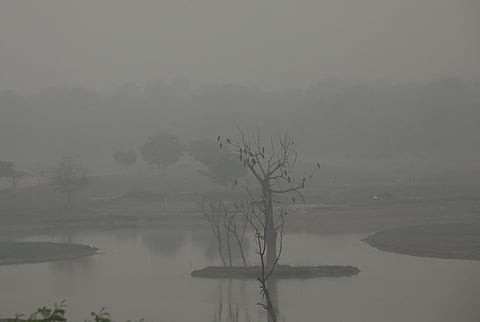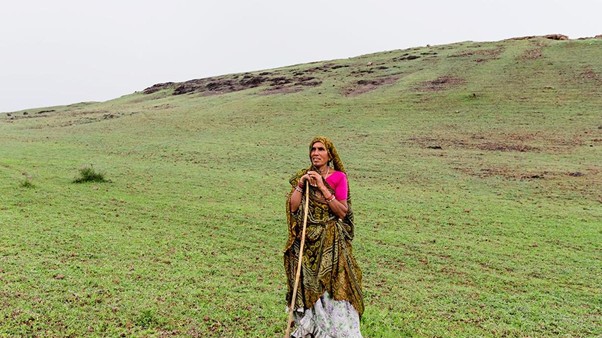Description
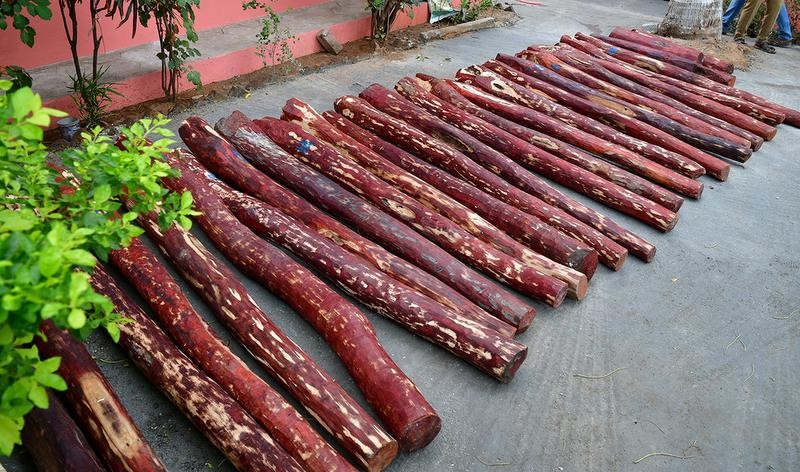
Disclaimer: Copyright infringement not intended.
Context: The CITES trade database has recorded 28 incidents of red sanders confiscation, seizure and specimens from the wild being exported from India, a fact sheet prepared by TRAFFIC, a global wildlife trade monitoring organisation has revealed.
Details:
- These consignments were exported to China (53.5%), Hong Kong (25.0%), Singapore (17.8%) and the United States of America (3.5%) from 2016 to 2020.
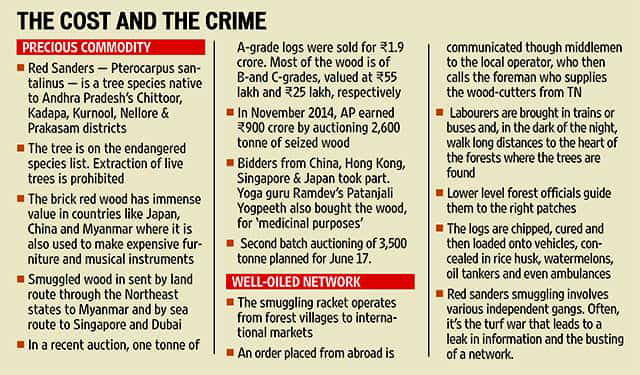
About the CITES:
- Also known as the Washington Convention, CITES is an international agreement (Secretariat - Geneva, Switzerland) between governments to ensure that international trade in wild animals and plants does not threaten the survival of the species.
- It was drafted at a meeting of members of the International Union for Conservation of Nature (IUCN) in 1963.
- The convention was opened for signature (in Washington D.C.) in 1973 and CITES entered into force on 1 July 1975.
- With 184 Parties today (India since 1976), CITES is one of the conservation treaties with the most members.
- Although CITES is legally binding on the Parties (meaning they must implement the Convention), it does not replace national legislation.
- Under CITES, plant and animal specimens are classified into three categories (Appendices) based on the threat to their extinction.
- The Convention requires countries to regulate the trade of all listed specimens of wild animals and plants through permits and also seeks to regulate the possession of live animal specimens.
.jpeg)
About Red Sanders (Red Sandalwood):
- The species, Pterocarpus santalinus, is an Indian endemic tree species.
- Geographical range: restricted in the Eastern Ghats. It is endemic to a distinct tract of forests in Andhra Pradesh
- Protection status: ‘Endangered’ category in the International Union for Conservation of Nature’s (IUCN) Red List.
Uses:
- known for their rich hue and therapeutic properties.
- Are high in demand across Asia, particularly in China and Japan, for use in cosmetics and medicinal productsas well as for making furniture, woodcraft and musical instruments.

Why its status is downgraded?
- Threats: Over-exploitation and smuggling.
- Natural causes:
- Slow growth of the species and continued harvesting leaves no time for recovering naturally
- Cattle grazing and invasive species.
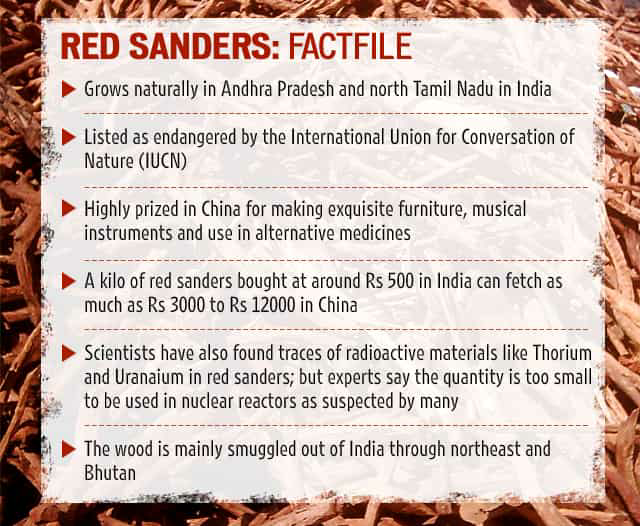
Copyright infringement is not intended
What is the difference between Red sander and sandalwood?

Copyright infringement is not intended
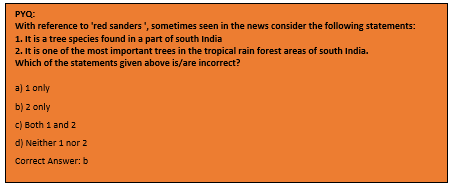

https://epaper.thehindu.com/ccidist-ws/th/th_delhi/issues/23589/OPS/GEBAR3QLF.1+GJJAR4KIA.1.html










